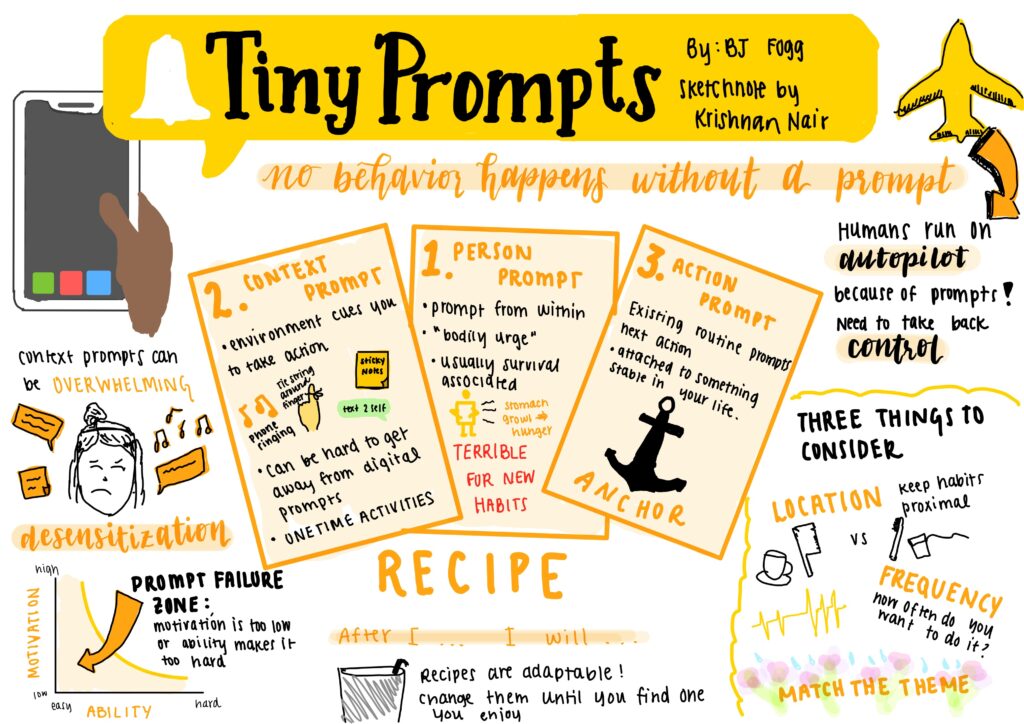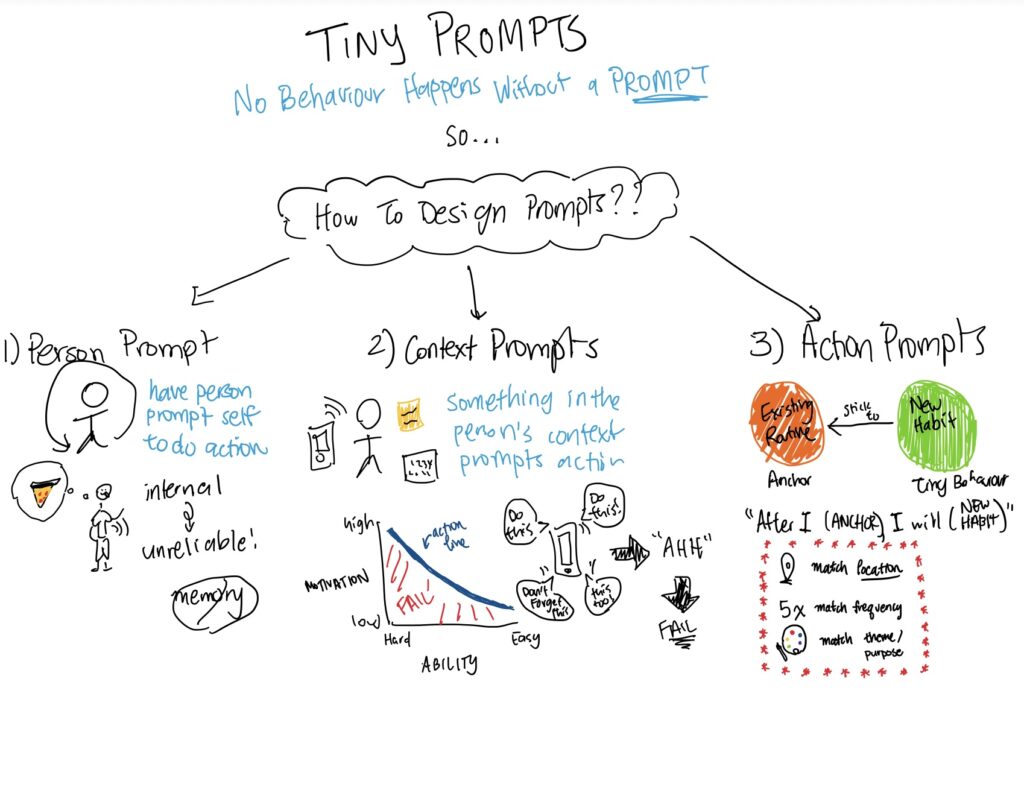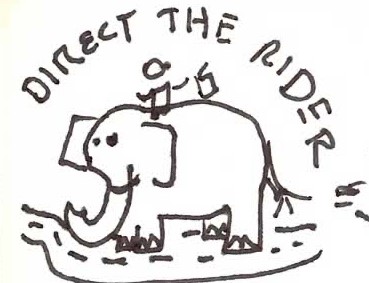Have you ever seen a professional relationship shift suddenly from being “charming” to becoming a “serious concern”? Elizabeth’s story is more than simply one of sadness; it’s a lesson in how personal ties can carry over throughout professional settings. She was dealing with more than just a breakup; she was dealing with favoritism, workplace gossip, and the crushing realization that her work efforts were being overshadowed by chaos. This is a formula for catastrophe in any company.

When Personal Relationships Collide with Professional Ethics
Elizabeth’s narrative reminds me of the Steve Easterbrook affair. McDonald’s CEO faced termination in 2019 after it was revealed that his consensual relationship with an employee broke company rules. Easterbrook, like Brad, had a clear power imbalance, and his actions generated a lot of turmoil within the organization. But wait, it gets worse. After his dismissal, McDonald’s discovered Easterbrook had engaged in multiple inappropriate relationships and tried to cover them up. The consequences were not just personal, but also professional, with McDonald’s receiving criticism for failing to regularly implement company regulations. Employees were left wondering: if the rules do not apply to the CEO, then who does?
Both Easterbrook and Brad benefited from their positions while their actions eroded trust and morale. The lesson? Accountability isn’t optional, and power dynamics in workplace relationships can’t be ignored.
Do I Agree With the Experts?
When it comes to Elizabeth, Both Firestone and Lazar offer valuable advice regarding Elizabeth’s situation, but I found myself agreeing and disagreeing with them on different points. Firestone’s suggestion to seek opportunities elsewhere makes sense: why stick around in a toxic environment? But Lazar’s advice to stay until her stock options vest is equally valid. Let’s be honest: financial security is a big deal, and Elizabeth shouldn’t have to sacrifice her hard earned benefits because of Brad’s poor choices.
That said, I can’t get behind Lazar’s idea that Elizabeth can “psychologically move on” while staying. The company’s mishandling of the situation—the selective policy enforcement, the lack of accountability for Brad—makes it clear that leaving is the best long term solution. Staying might demonstrate resilience, but it’s not Elizabeth’s job to endure unfair treatment for the sake of appearances.
What Would I Do as a Manager?
If I were Elizabeth’s manager, here’s how I’d handle things differently:
- Equal Enforcement of Policies: Anti-fraternization rules need to apply to everyone, no exceptions. A policy that’s selectively enforced is worse than no policy at all.
- Address Power Imbalances: Brad’s position as CFO means he wields influence beyond his department. Relationships like his with Claudia should be carefully managed to avoid favoritism or perceived conflicts of interest.
- Support Elizabeth: Instead of brushing off her concerns, I’d have an open conversation about how the company can support her moving forward. Actions like offering her new opportunities or reaffirming her value to the team can go a long way.
Lessons from Elizabeth’s case
Both Elizabeth’s fictional story and Easterbrook’s real-life scandal reveal the same truth: workplace romances aren’t just personal, they’re organizational. They affect culture, morale, and trust. Companies that fail to address these dynamics head-on risk not just internal conflict but public scandals. Transparency is vital, in my opinion. Policies must be open, fair, and consistent regardless of the size of the business. The rules apply to everyone, including the CEO. Also empathy should not be optional. Managers must acknowledge the emotional toll that workplace disagreements may cause and respond with empathy and fairness. Lastly, I do believe that training on workplace ethics and boundaries can help avoid these situations altogether.
Elizabeth’s experience is wake up calls for organizations everywhere. Ethics and empathy are more than desirable qualities; they are essential. For Elizabeth, the best course is to plan her exit strategically and find a workplace that values her contributions. For companies, the lesson is clear: handle relationships with care, enforce policies consistently, and never underestimate the ripple effects of poor leadership.
What starts as an endearing connection in the workplace can quickly evolve into a situation that raises eyebrows and disrupts the professional balance. Elizabeth’s story, and even high-profile cases like Steve Easterbrook’s, show how easily these dynamics can spiral into ethical dilemmas that leave lasting impacts on individuals and organizations. The shift from “charming” to “concerning” isn’t just about relationships, it’s about how leaders and companies choose to respond.



